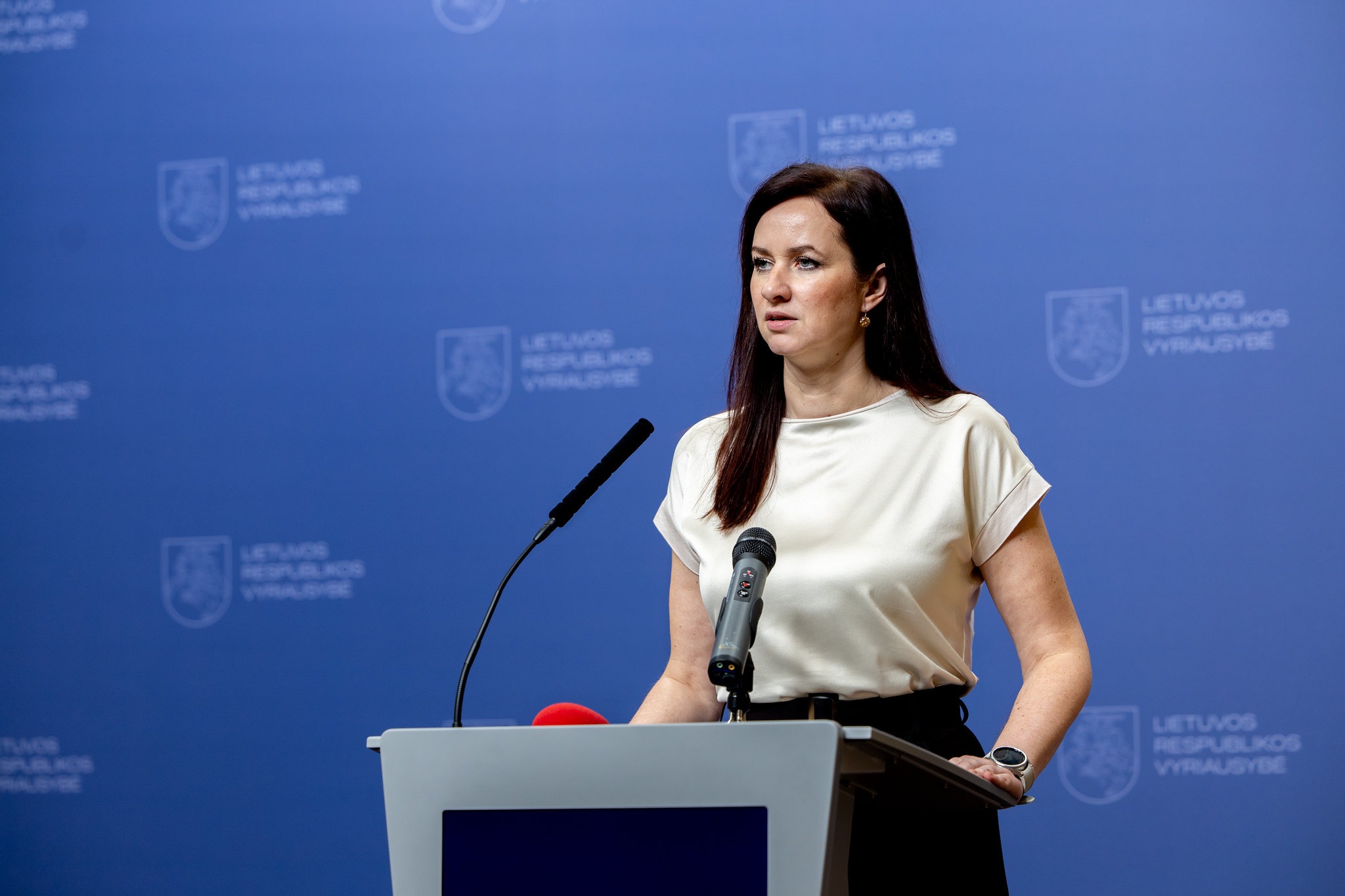
Main narratives:
- Anti-government sentiments;
- Russophobia in Estonia.
Overview:
The Estonian Ministry of Defence has come under sharp criticism from the National Audit Office, which uncovered widespread mismanagement in handling the country’s rapidly growing defence budget. The audit revealed serious shortcomings, including missing contracts, poor oversight of funds, and major erroneous payments – such as a €68 million overpayment to one supplier and an unresolved €9.6 million advance dating back to 2018. The Ministry also made a €533 million prepayment for EU defence aid, with only a fraction backed by agreements, while nearly €89 million remained frozen for more than a year due to incomplete procedures. Auditor General Janar Holm described the situation as “a mess” with systemic failures that pose real financial risks, urging urgent reforms to ensure transparency and accountability. The revelations have also been seized upon by pro-Kremlin online commentators, who used the audit to attack the Estonian government, portraying the rising defence budget as unnecessary and a waste of limited resources that, they argue, should be redirected to social care and economic support.
Another news story sparked widespread discussion in the Russian-speaking segment of social media in Estonia – blogger and lawyer Andrei Vesterinen, who is accused of fraud, was declared wanted by the court. Vesterinen is charged with providing false information, fraud, document forgery, and using forged documents. According to the prosecution, he and his associates offered legal services to help individuals avoid military service. An Estonian native, Vesterinen first came to public attention in the 2000s after serving in Afghanistan, where he was seriously wounded. He received a national decoration and public respect, but soon shifted the focus of his activities: he began helping conscripts evade military duty, spoke out against vaccination and mask mandates during the pandemic, promoted claims of discrimination against Russian speakers, and participated in pro-Russian rallies. His statements and posts increasingly aligned with Kremlin narratives – from accusations of Russophobia to criticism of NATO and the Ukrainian leadership. As expected, pro-Kremlin commentators attempted to portray the trial against Vesterinen as politically motivated.









